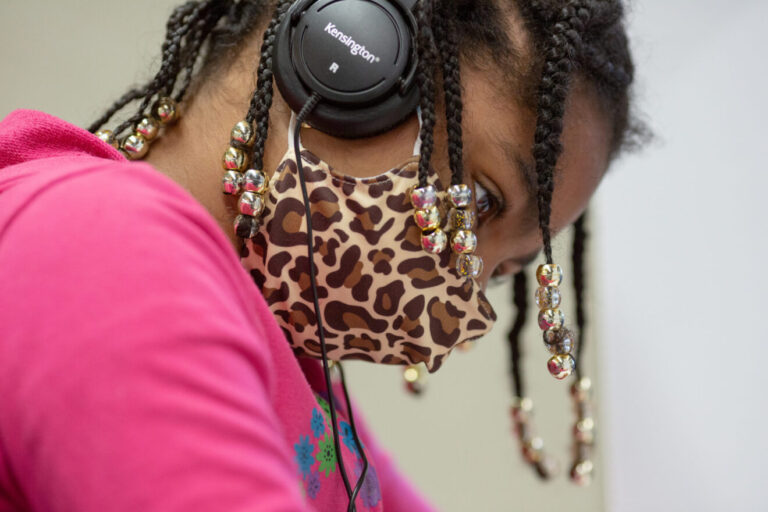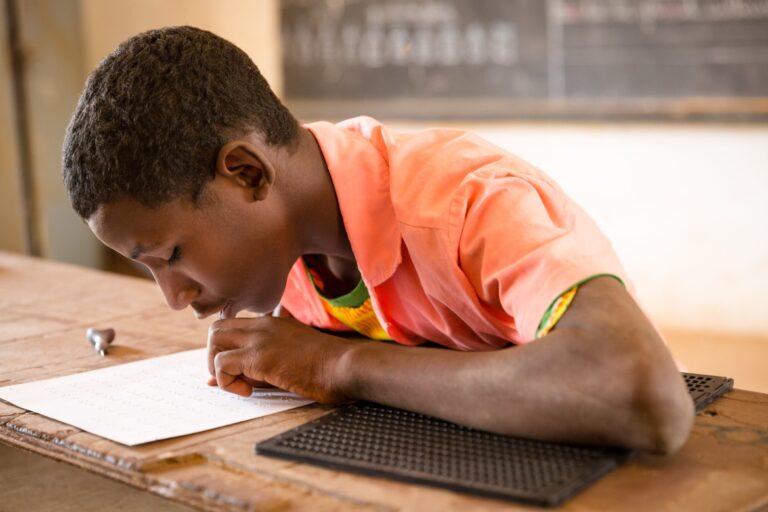Story Source: NPR Illinois ~ Go to Original Article
About a dozen children with complex medical needs have been kicked out of school over a funding dispute. The children reside at Children’s Habilitation Center — a long-term care facility for children with complex medical needs, located in Harvey, Illinois.
On Friday, CHC filed a lawsuit against the West Harvey-Dixmoor Public School District 147, the Illinois State Board of Education, and several other school districts.
Many children at CHC also have profound developmental disabilities. Nevertheless, under federal law, they’re entitled to a “free and appropriate public education,” or FAPE. At CHC, that has meant five hours of daily instruction with licensed special education teachers and paraprofessionals.
At issue is who pays for this education. Under state law, each student’s home district is responsible for their tuition, and Harvey District 147 has, for years, borne that cost. But in February, the district notified CHC that it had “dis-enrolled” eight students who had previously been enrolled at Harvey, and refused to enroll two younger CHC residents who had just reached school age……..……………………..






